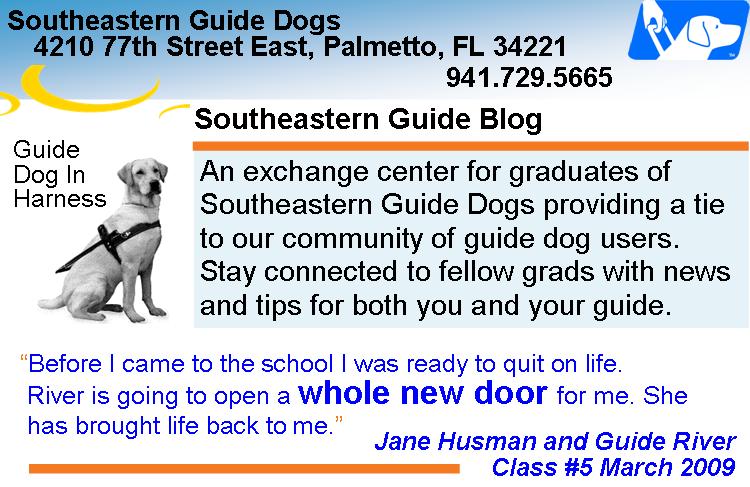The following holiday tips are provided by Rose City Animal Hospital , Portland , Oregon:
Lights, decorations, good food... every year, as we celebrate the holidays, we fill
our homes with seasonal cheer for ourselves and our families. However, what may seem
beautiful and harmless to us may pose hidden dangers to our pets. Don't let an emergency
spoil the festivities! Below are some common holiday hazards for dogs and cats and
ways to prevent them.
Holiday Hazard
How to keep your pet safe
Dangerous Foods
The following can be toxic to pets: chocolate, raisins, grapes, macadamia nuts, garlic,
onion, alcohol, caffeinated beverages, bread dough, and sugar-free candy and gum
containing the artificial sweetener xylitol.
Regular Foods
Despite tradition, bones should never be given to pets. Even beef, ham, and other
"regular" foods that are not considered toxic can cause illness in pets. If your
pet is a moocher, keep a saucer of his regular treats on the table to offer when
he asks. He probably won't know the difference!
New Treats and Toys
Even a pet-safe treat can cause stomach upset if it is new to your pet. Offer only
one of these at a time (ideally, separated by a few days). If your pet becomes ill
after eating a holiday treat, it will be easier to trace the source and discontinue
it. Also, check new toys for sharp edges, pieces that can be chewed off, or other
potential hazards.
Plants
Hazardous plants include mistletoe, some evergreens (including some types of pine),
and holly bushes and berries. Try to keep these plants away from pets, or at least
supervise pets when dangerous plants are nearby.
Decorations
Tinsel, tree ornaments, ribbons, string, and garlands are some items that can be
dangerous if eaten by pets. Keep these items away from pets — especially when pets
are unattended. Don't forget to cover any electrical cords or keep them out of reach.
Fire and Carbon Monoxide
Monitor pets near fireplaces, wood-burning stoves, candles, and portable heaters.
Also, don't forget to check smoke detectors and carbon monoxide detectors to make
sure they are functioning properly. Space heaters, furnaces, and idling cars (in
a garage) can increase the risk of carbon monoxide poisoning in pets and humans.
Christmas Trees
Monitor your pets when they are around your holiday tree. Pets may eat the needles
(even from artificial trees) or drink water from the base of the tree, which can
be toxic (especially if there are preservatives in it). Keep electrical cords and
decorative lights out of reach, too.
In many cases, if your pet has eaten or drunk something toxic, warning signs will
include gastrointestinal problems, such as vomiting and diarrhea. Other signs may include tiredness and lack of appetite, especially in cats that have eaten lilies.
our homes with seasonal cheer for ourselves and our families. However, what may seem
beautiful and harmless to us may pose hidden dangers to our pets. Don't let an emergency
spoil the festivities! Below are some common holiday hazards for dogs and cats and
ways to prevent them.
Holiday Hazard
How to keep your pet safe
Dangerous Foods
The following can be toxic to pets: chocolate, raisins, grapes, macadamia nuts, garlic,
onion, alcohol, caffeinated beverages, bread dough, and sugar-free candy and gum
containing the artificial sweetener xylitol.
Regular Foods
Despite tradition, bones should never be given to pets. Even beef, ham, and other
"regular" foods that are not considered toxic can cause illness in pets. If your
pet is a moocher, keep a saucer of his regular treats on the table to offer when
he asks. He probably won't know the difference!
New Treats and Toys
Even a pet-safe treat can cause stomach upset if it is new to your pet. Offer only
one of these at a time (ideally, separated by a few days). If your pet becomes ill
after eating a holiday treat, it will be easier to trace the source and discontinue
it. Also, check new toys for sharp edges, pieces that can be chewed off, or other
potential hazards.
Plants
Hazardous plants include mistletoe, some evergreens (including some types of pine),
and holly bushes and berries. Try to keep these plants away from pets, or at least
supervise pets when dangerous plants are nearby.
Decorations
Tinsel, tree ornaments, ribbons, string, and garlands are some items that can be
dangerous if eaten by pets. Keep these items away from pets — especially when pets
are unattended. Don't forget to cover any electrical cords or keep them out of reach.
Fire and Carbon Monoxide
Monitor pets near fireplaces, wood-burning stoves, candles, and portable heaters.
Also, don't forget to check smoke detectors and carbon monoxide detectors to make
sure they are functioning properly. Space heaters, furnaces, and idling cars (in
a garage) can increase the risk of carbon monoxide poisoning in pets and humans.
Christmas Trees
Monitor your pets when they are around your holiday tree. Pets may eat the needles
(even from artificial trees) or drink water from the base of the tree, which can
be toxic (especially if there are preservatives in it). Keep electrical cords and
decorative lights out of reach, too.
In many cases, if your pet has eaten or drunk something toxic, warning signs will
include gastrointestinal problems, such as vomiting and diarrhea. Other signs may include tiredness and lack of appetite, especially in cats that have eaten lilies.
Contributed here by Dulce Weisenborn.

No comments:
Post a Comment